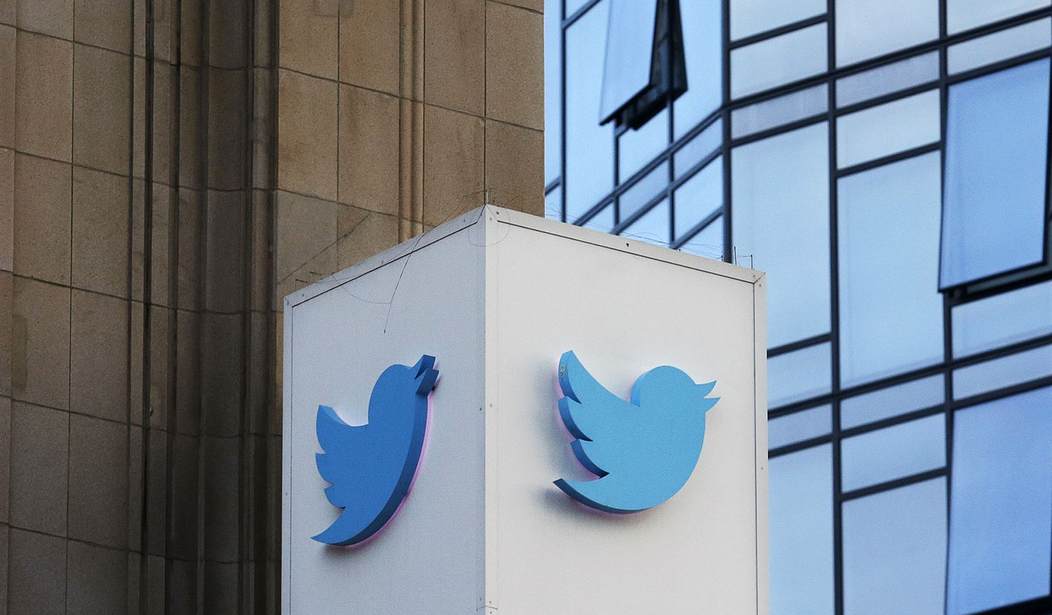The latest piece by Yair Rosenberg was published today at the Atlantic and it’s one of those things you read and think I wish I’d written this or maybe just I wish everyone would read this. Rosenberg is making a fairly simple point about bubbles, a topic many have written about before, he just does it really well.
The piece opens by pointing out that everyone lives in various bubbles: family, friends, politics, fandom. For the most part there’s nothing wrong with this until people start mistaking their own bubble for broader reality. And he makes a pretty good case that’s exactly what many very online cultural critics have done. Consider the treatment of JK Rowling, for instance:
Vox: “Sunny, wholesome, nominated-for-16-Emmys Parks and Recreation is now widely considered an overrated and tunnel-visioned portrait of the failures of Obama-era liberalism. Iconic and beloved Harry Potter is the neoliberal fantasy of a transphobe.”…
Insider:“There is no good way to introduce Harry Potter to the next generation.”…
The A.V. Club: “Fantastic Beasts 3 has a new title, new release date, same old massively disappointing writer: J.K. Rowling’s script will reveal The Secrets Of Dumbledore next April, if anyone can bring themselves to care.”
You’ve probably seen this kind of snarky treatment of Rowling somewhere. The general message is that her star has fallen and her work has been spoiled. But as Rosenberg points out, that’s not really true for most people:
In 2020, the year Rowling made her most pointed statements on transgender issues, Harry Potter sales went up for its British publisher, Bloomsbury. In fact, “the paperback edition of ‘Harry Potter and the Philosopher’s Stone’ was the fifth-bestselling children’s book of 2020 to date, 23 years after it was first published.” This past June, the biggest Harry Potter store in the world opened in New York City to rave reviews. HBO is currently airing several specials celebrating 20 years since the first Harry Potter movie. And despite the pandemic, Harry Potter and the Cursed Child has reopened on Broadway. The persistent popularity of Potter probably explains why outlets whose critics insist that the Potter party is over keep publishing pieces about the franchise. Insider, for example, has run over 80 such items—from “What It’s Like to Visit the Real-Life Diagon Alley” to “28 Major ‘Harry Potter’ Movie Deaths, Ranked From Least to Most Heartbreaking”—in the last year alone…
Rowling herself is doing just fine as well. The latest entry in her successful Cormoran Strike detective series, which she writes under the pseudonym Robert Galbraith, was an international best seller and moved more copies upon release than any prior book in the series. In May, it won Best Crime and Thriller Fiction Book of the Year at the British Book Awards. (Insider, on the other hand, called this same book “poorly received.”) Rowling’s October children’s book, The Christmas Pig, another international best seller, sold over 60,000 copies in just its first week. (The entertainment site Giant Freakin Robot: “JK Rowling Facing Brutal Fan Reactions to New Children’s Book.”) Simply put, Rowling sells more books in a day than the critics claiming she’s been shunned will sell in a lifetime.
From this and other similar examples (Parks & Rec and Lin Manuel Miranda, and he could easily have added Dave Chappelle to this list) Rosenberg reaches three conclusions about why some critics seem so out of touch with reality. The first is simply that critics forget they aren’t normal people, i.e. people who aren’t watching multiple films per week every week with an eye on their lasting quality. Regular people are just looking for a fun ride at the theater and a sense they got their money’s worth. But it’s his second point which really resonated with me. Most of these critics live in an online bubble that isn’t reality:
Much of the current divergence between elite discourse and popular preference can be reduced to a simple heuristic: Most critics are on Twitter; most consumers are not. If you examine the coverage proclaiming the end of Harry Potter or Lin-Manuel Miranda, or castigating any other wildly successful cultural product or personality, you’ll quickly spot a pattern: The only evidence they tend to cite is an assortment of tweets.
But just because something makes waves on Twitter doesn’t mean it actually matters to most people. According to the Pew Research Center, only 23 percent of U.S. adults use Twitter, and of those users, “the most active 25% … produced 97% of all tweets.” In other words, nearly all tweets come from less than 6 percent of American adults. This is not a remotely good representation of public opinion, let alone newsworthiness, and treating it as such will inevitably result in wrong conclusions.
This isn’t the first time the Atlantic has published a piece arguing that Twitter is a bubble, specifically a progressive bubble. The folks who confidently assert on Twitter that this figure or that one has been canceled or is “cringe” and uncool are not living in the real world. They are living in a bubble that doesn’t match what people in the rest of society are focused on or thinking about. It’s always good to have a reminder of that basic fact.








Join the conversation as a VIP Member